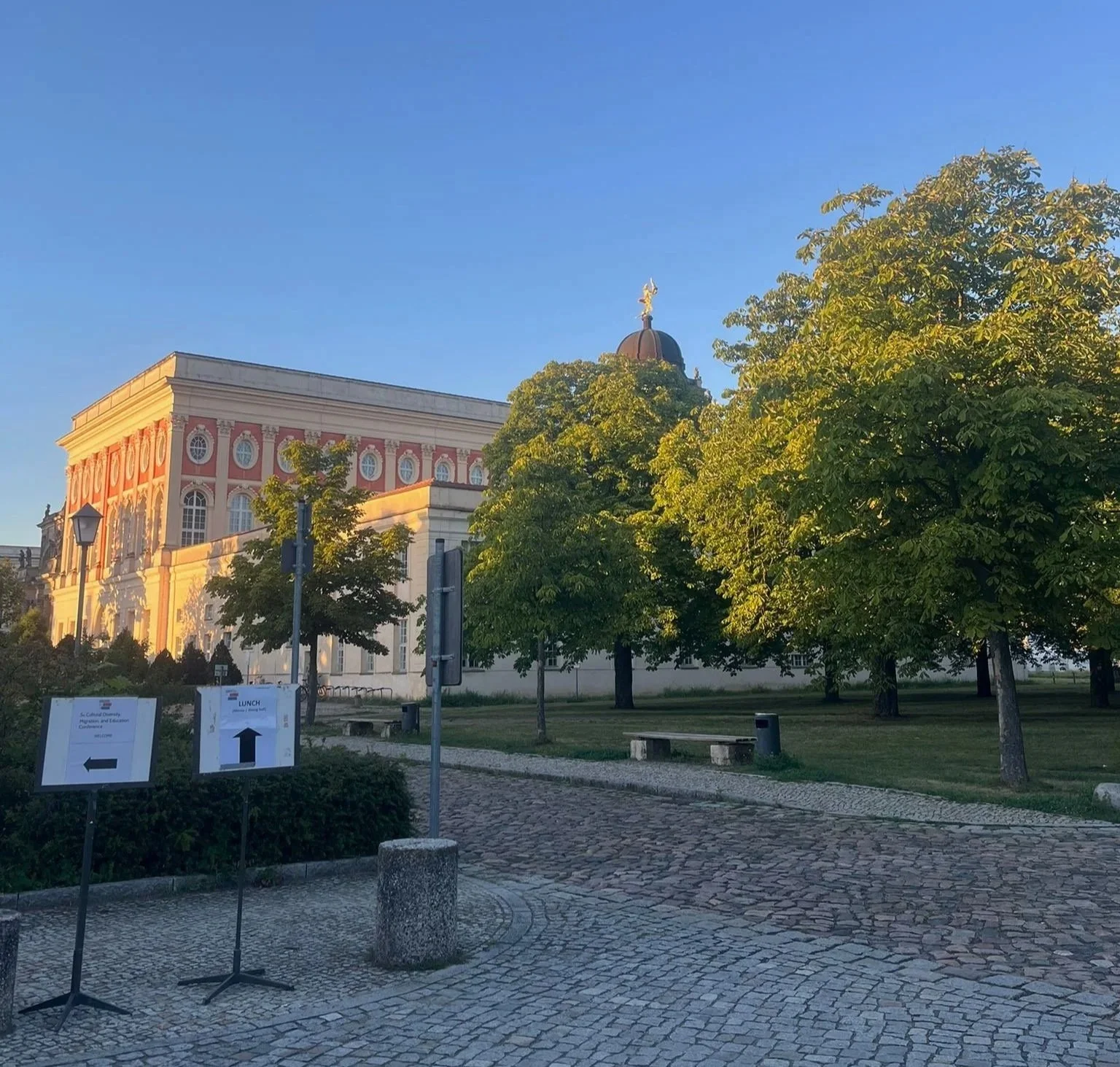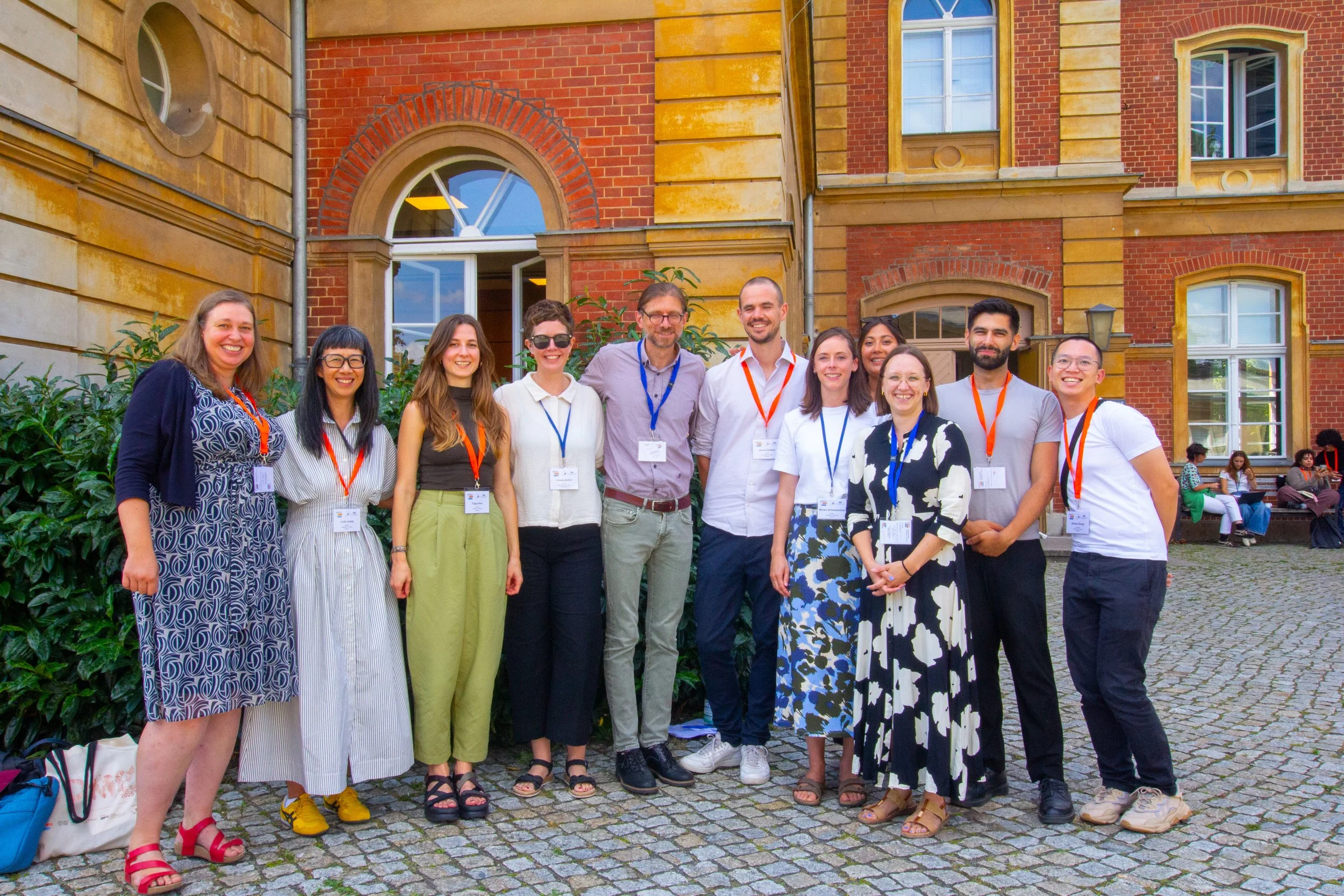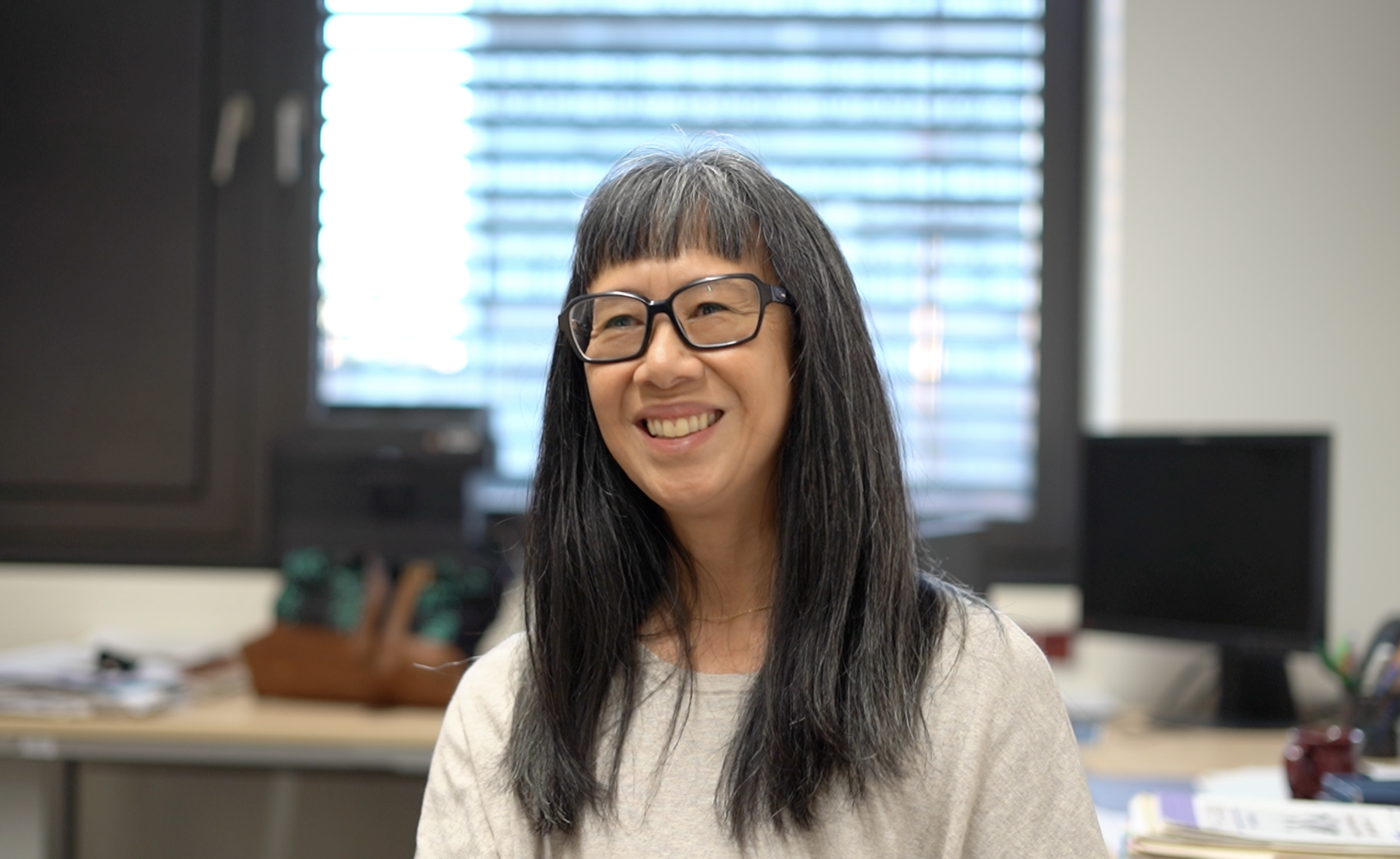AVE Interview #2: Voies of Inclusion: Prof. Linda Juang on Diversity, Migration, and Education
To celebrate and amplify the visibility of the Asian diaspora in Europe, we are happy to bring the second episode of our series, AVE interview. This series features in-depth portraits of individuals of Asian diaspora working across diverse fields, from academia and the arts to community organizing and cultural production. Through these stories, we hope to showcase the richness, complexity, and impact of Asian voices shaping Europe’s social and cultural landscape.
***
On October 13, 2025, we at AVE, had the privilege of speaking with Prof. Linda Juang, an Asian American scholar, educator, and mother of two, whose academic research and personal journey illuminate crucial issues surrounding diversity, ethnicity, migration, education, and anti-Asian racism in both academic and social contexts. Currently a Professor of Inclusive Education at the University of Potsdam, Linda was born and raised in the United States and relocated to Germany in 2014 to continue her academic career.
Prof. Linda Juang (photo credit: Zhihao Zhong)
Growing up as a Taiwanese American in the 1970s, Linda noticed both subtle and obvious differences between herself and her peers. These differences appeared in how she looked and in the cultural expectations within her family. This early awareness sparked her lifelong interest in how children navigate identity and belonging when their parents come from different cultural backgrounds.
Later on, as an undergraduate student studying child development at the University of Minnesota, she encountered her first professor of color — a Black woman whose teaching profoundly influenced her. Through this experience, she began to see how research can be used to address real-world issues. Inspired by this mentorship, Linda dedicated her work to exploring the role of family in child development and education. Over time, her research expanded to explore themes of migration, diversity, and inclusion in school contexts. We asked her about her academic interests and achievements as well as her personal experiences as an immigrant with two children living in Berlin, Germany.
***
The 5th CDME conference; the Neues Palais campus at the University of Potsdam
AVE: What initially drew you to conduct research on topics such as migration, education, and (based on racio-ethnic-cultural) identity ?
Linda: In the US, my focus was mostly on families - how do families raise their kids, especially kids of immigrant background and especially kids who are of Chinese heritage. I used to live in San Francisco, which was ideal for this work . It allowed me to focus on one specific group such as people with Chinese heritage. I've always been interested in the issues of migration, identity, and well-being.
Linda: But after coming to Germany, I shifted from the psychology department to the education department. This change naturally influenced the direction of my research. It was exciting for me to start thinking about what it means to be a teacher and how teaching shapes child development. Family of course is important, but teachers as well, especially when children are young and spend much of their time in school. So I think that was kind of a natural and meaningful shift. So now, my work looks at both families and schools as two important parts of a child’s life.
***
AVE: Were there any specific moments or any challenges that shaped your focus on inclusion and diversity?
Linda: In 2014 or 2015 I went to my first big German education conference. There I organised a symposium about young people with migration backgrounds in school contexts. I presented one of my works on Chinese American adolescents experiencing discrimination and how that relates to their well-being.
In my study, when young people experienced racism, they often reported feeling lonelier, more anxious, and sometimes even experiencing physical pain. However, if they had warm and cohesive families, these negative effects were partially buffered.In my study, when young people experienced racism, they often reported feeling lonelier, more anxious, and sometimes even experiencing physical pain. However, if they had warm and cohesive families, these negative effects were partially buffered.
However one well-known sociologist whom I asked to be the discussant challenged my study by arguing that measuring such symptoms may not be objective. This is because young people self reported those symptoms with their own perspective of discrimination, and therefore may not be real. So it really opened my eyes since nobody had ever challenged the basic reality of racial discrimination in my experience.
After that conference I have engaged more with studies about racism in various sectors, not only in education but also activists, historians and other scholars. That was also a moment where I realised how deeply shaped I was by my US American perspective.
Inclusion pedagogy department at the University of Potsdam
Lily/AVE: I'm also very interested in the similarities or differences between the US and Germany in academia regarding the topic of anti-Asian racism or racism in general.
Linda: There are some differences and also similarities. The clear difference, in my view, is the lack of critical mass of scholars and full professors of different backgrounds in Germany compared to the USA. Of course, I am only talking about my field, Psychology and Education. This is the reason why I continue going to conferences in the US – the keynotes, invited sessions, and talks include a much greater diversity. Those people of color in leadership positions, such as society presidents, journal editors, are missing here in Germany or Europe in general.
To add on, what I miss is being able to have this intergenerational transmission and support. I went to one U.S. conference on the topic of child development and the Black-Caucus was celebrating 50 years. There, I saw professors in their 80s and 60s interacting with new professors in their mid-20s. They supported each other across generations, even while working on very different issues. That kind of deep community does not yet exist in Germany. It’s something I hope will change, though it will take time.
I do feel that this critical mass is slowly growing and changing. I've been here for 11 years, and I can see some positive changes in that direction. Most studies related to racialized identity and diversity are still very dominated by the US, so I think it is also good for me not to be in the US in order to concentrate these issues in a European context. For example, the oldest Psychology Journal in Europe , founded in 1890, recently published its first ever special issue on racism. So, progress is slow but it is moving toward more diverse academia in Germany.
***
AVE: This Cultural Diversity, Migration, and Education (CDME), how did you organize this conference? And what are the visions of this conference?
Linda: The first one was in 2016. After I came to Germany in 2014, I started it for personal reasons because I wanted to find out who is working on these issues of migration, diversity, and education. My European post-doc at the time, Maja Schachner (now a Professor at Uni Halle), had a connection to the European network, which helped me get started
Partly due to my first experience with European conferences - where most of the keynotes and scholars were white dominated, I wanted to have a different kind of conference where people who are the most invisible could have the time to present their work, especially in this field of migration, diversity and education I also wanted to create space for European scholars of color, especially since the research often reflects the populations they work with.
All current and past CDME members
I would like my vision for this conference to create a place where people from diverse backgrounds, including people who are maybe traditionally marginalized or minorities or especially underrepresented scholars, can be visible and recognized for their work. I also wanted to build an environment where participants can exchange constructive critique in a supportive way. Ultimately, the goal is to foster a community with strong intergenerational links between senior and junior researchers from different backgrounds.
***
Lily/AVE: And this is a personal question. So how has your experience as a mother of multicultural two children influenced your research?
Linda: So, my kids are mixed and they look Asian. For me, this has made me more aware of topics like ethnic and racial socialization, especially for students interested in this area. And I think having kids that are growing up in Berlin looking Asian, influences my thinking as I hope that the work I do is meaningful and useful.
It also helps to see how children communicate with their parents. And even if you as parents are uncomfortable or even if you don't know what to say, it's absolutely okay. There are studies about this, that it's better to try to talk about things rather than maybe never talking about things.
***
AVE: As a final question, I would like to ask you what a more inclusive, academic space looks like for you?
Linda: I’m thinking mainly about my classroom. I hope my students feel understood and can identify/connect with all the materials, readings, theories and the studies. I hesitate to say, ‘safe space’ but rather ‘safer space’. I try to make my classroom a place where my students know that I support and care about them. By ‘inclusive’ I mean ‘being able to be reflected in what they're reading and studying and it is relevant for them and their experiences’.
Last words for our readers from Linda:
“Find your people. Sometimes we feel isolated and maybe we’re in a place where we feel like nobody, but there’s always somebody out there. In some ways it does take time, but we do need to find our people, our communities. And whether it’s not in the department or it’s not, at the university, then we need to go beyond that and look in some other space.”
***
Author: Lily
Editor: Noor
Photo credit: Linda, Zhihao Zhong, Lily, Hyunjung
Prof. Dr. Linda Juang (she/her)
a professor of education at the University of Potsdam, Germany. Based on an ecological system's perspective, her research focuses on the adaption and adjustment of adolescents and college students of immigrant background within the contexts of family, school, and community. she is interested in how three key immigration-related issues-parent and adolescent acculturation, ethnic identity, and racial/ethnic discrimination—relate to adolescent well-being and health.





